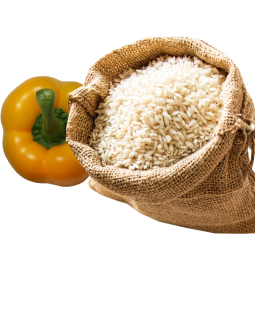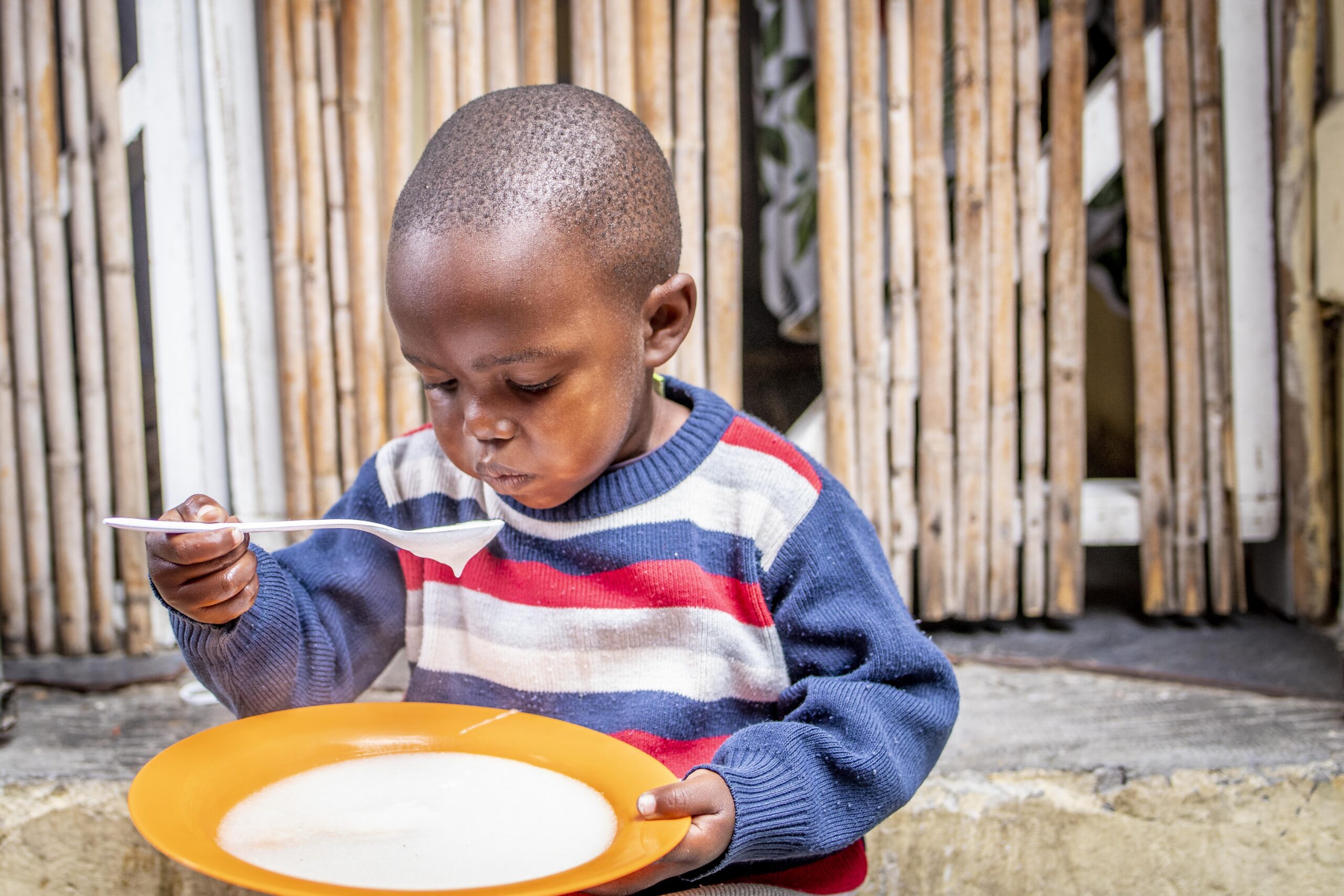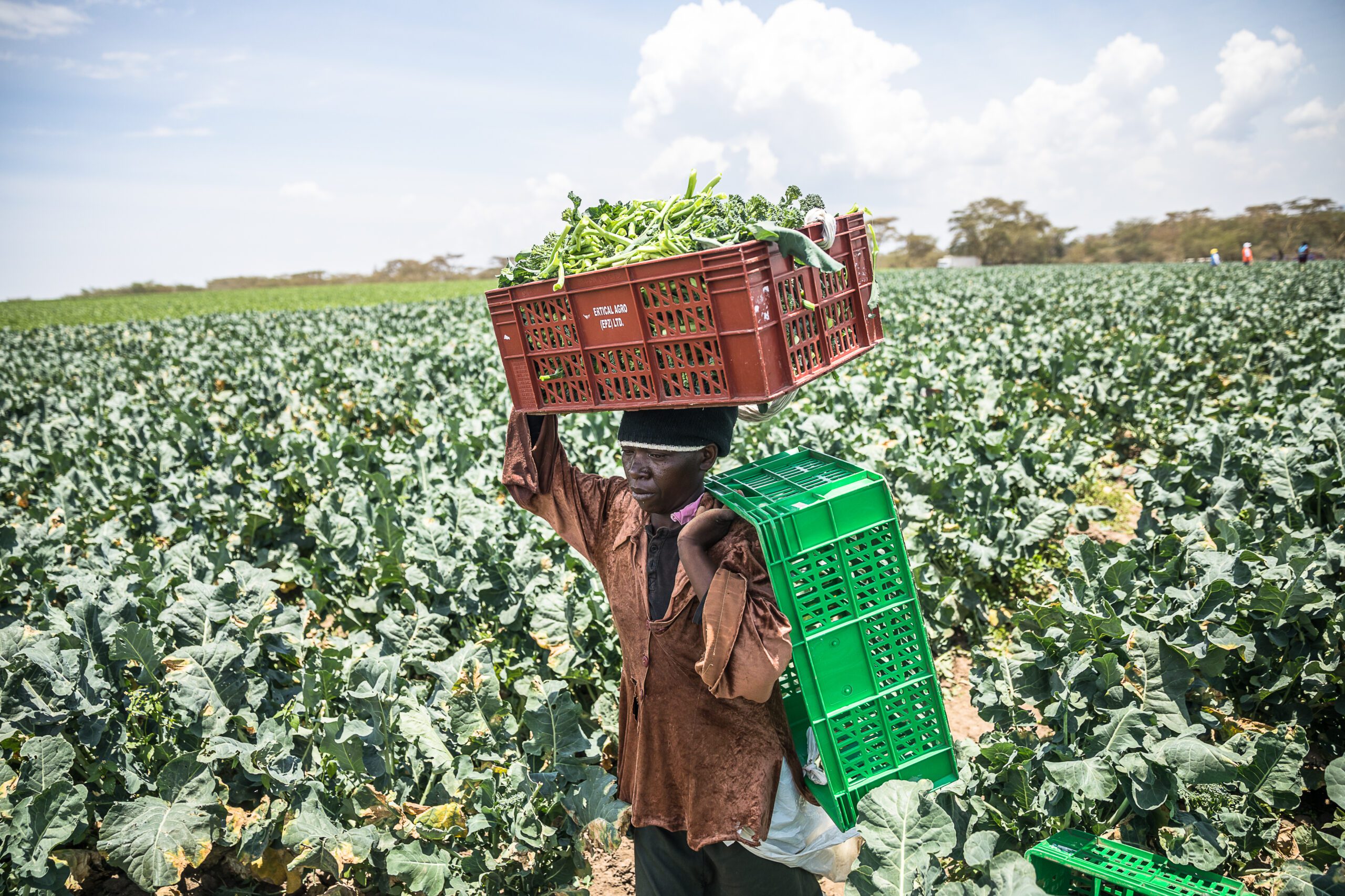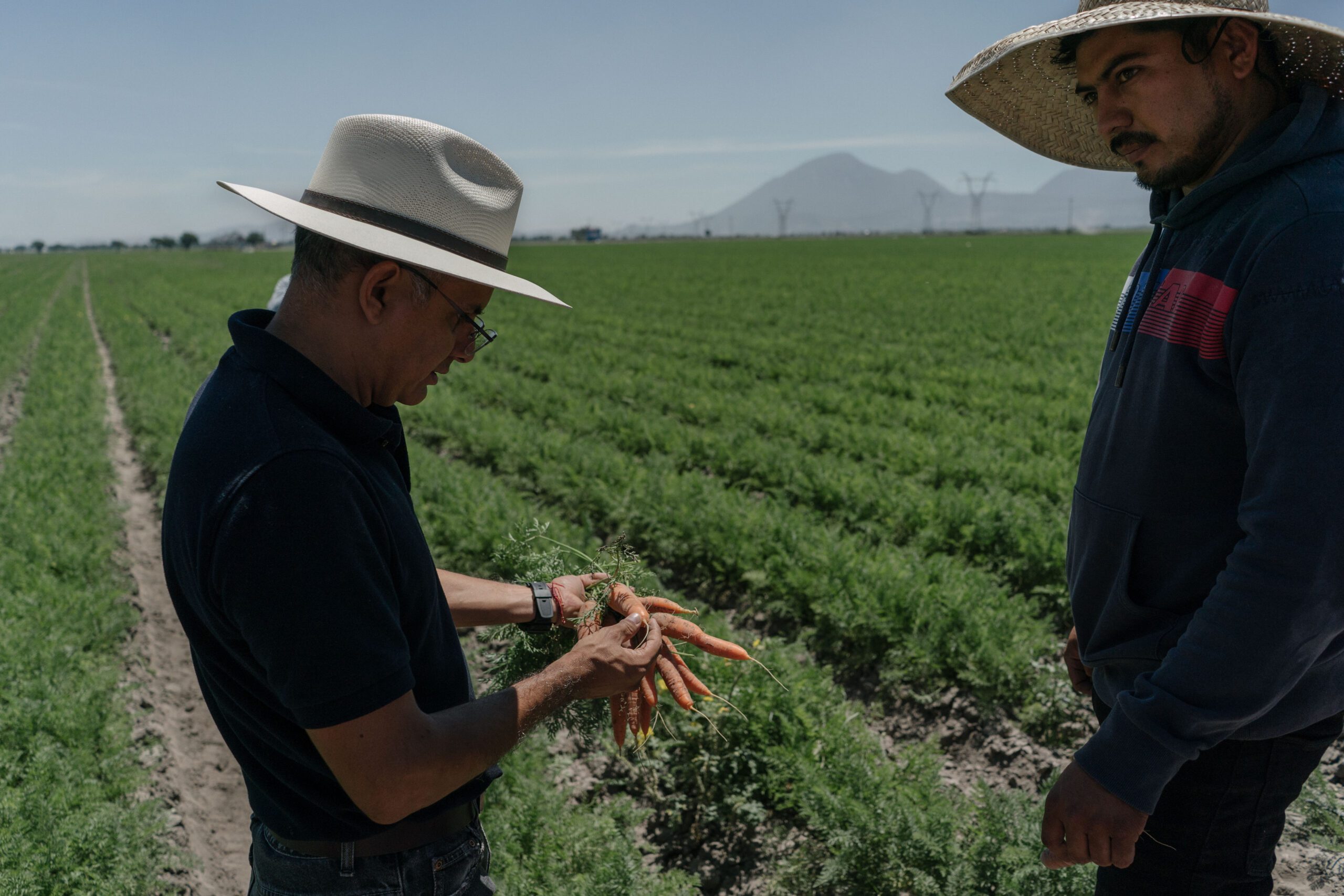Food loss and waste is a challenge that deeply affects our food system and leads to serious social, environmental and economic impacts. Around one-third of all food produced — about 1.3 billion tons a year — never gets eaten and usually ends up in landfills, where it releases methane, a powerful greenhouse gas. Meanwhile, hundreds of millions of people face food insecurity.
Food donation — to food recovery organizations like food banks — offers a practical solution to these parallel problems. It redirects safe, surplus food to people who need it while cutting down on waste.
One way to ensure we’re consistently using this powerful mechanism to address hunger and climate change is through public policy. But outdated or unclear laws — around things like food safety, liability, date labels and tax incentives — often create environments where it’s cheaper and easier for businesses to dump food than donate it to food recovery organizations.
Since 2019, The Global FoodBanking Network has partnered with Harvard Law School Food Law and Policy Clinic (FLPC) on L’Atlas mondial des politiques de dons alimentaires, which is a tool for policymakers, nonprofits and others who are working to remove barriers to food donation and food waste reduction. The Atlas is the most comprehensive examination of food loss and waste and donation policies around the world, and it currently focuses on eight issue categories, like date labeling and food safety.
Emily Broad Leib, founder and director of Harvard FLPC, says she’s seen major shifts in the food donation policy landscape since the Atlas partnership started.
“What we’ve seen has actually been a tremendous amount of policy changes in the countries [examined by the Atlas] over that time period,” said Broad Leib during an interview for the Food For Change podcast. “There have been policies enacted in basically every single one of the policy areas we’ve looked at. The two that really jump out, where there’s been a lot of progress, are liability protections and food waste deterrence policies.”
According to Broad Leib, out of the 25 countries the Atlas examined, only three had liability protection policies in place in 2013. That number rose to 10 by 2023. For food waste deterrence policies, the number rose from one to six during the same period.
And that progress continues, as countries enact more food donation policies that align with the best practices promoted by the Atlas, often designed in partnership with local food banks.
The following examples are just a few of the recent policies countries have enacted — or might soon adopt — to promote better food donation.
In late 2024, Colombia passed a law that expands tax incentives for food donors and contributes to the country’s broader “Zero Hunger” goals.
Previously, businesses could claim a 25% tax credit on the value of food donated to qualified nonprofits. Under the new law, the credit is increased to 37% of the donated food’s value, and credits now cover associated logistics costs like transportation.
“The tax update in Colombia included coverage for the transportation costs and not just the value of food, which is something we’ve been recommending in a lot of countries,” Broad Leib said. “We’ve heard from a lot [of people] that the cost of transportation is pretty hefty and often can really make the difference as to whether food can be transported somewhere else rather than just going to the dump.”
To qualify for Colombia’s tax incentives, donations must meet stringent safety standards and be accepted by accredited food banks.
“We know that when companies consider partnering with us and donating to food banks, cost and tax implications can be an issue for them,” said Juan Carlos Buitrago, executive director of ABACO, the association of Colombian food banks, which helped drive passage of the new law. “This law will help incentivize more companies to donate, generating a positive impact on food security and food waste in Colombia.”
In August 2025, the government of Colombia followed up their commitment to food donation by passing a law that establishes penalties for companies that throw away food and allows for food confiscated by authorities (for reasons other than food safety) to be donated to food banks.
The Good Samaritan Food Donation Bill was passed in August 2024, and the legislation provides liability protections to donors and food distribution organizations, as long as they comply with high food safety and handling standards. By embedding these safeguards into law, Singapore aims to reduce food waste and promote food security.
“It’s great because it provides that comfort to donors that if they follow the food safety rules with what they’re donating, but it also was the first law [in the country] that really mentioned food donation and clarified its legality and worthiness,” said Broad Leib.
Scholars of Sustenance Thailand partnered with the National Science and Technology Development Agency (NSTDA) to create the country’s first official safety guidelines for food donation. These national standards formalize food recovery as a safe, legitimate and scalable practice, encouraging more donors to participate. The guidelines also build public trust and set a precedent for other countries in Asia to link food safety, community innovation and waste reduction policy.
“During COVID, [the NSTDA] recognized our food rescue program as one of the most effective ways to reduce food waste nationally,” said Tanaporn “Fai” Oi-isaranukul, director of operations and communications at Scholars of Sustenance Thailand. “So together, we have developed projects, and one is the national food donation safety guideline.”
In September 2025, the Brazilian government introduced its Intersectoral Strategy to Reduce Food Loss and Waste. The strategy recognized food banks as the central method for collecting and distributing donated food in Brazil and commits to promoting public policies that “strengthen food banks through financial resources, training and technological tools.” It also recognizes food loss and waste reduction as an opportunity to mitigate greenhouse gas emissions.
A year prior, GFN, Harvard FLPC and Sesc Mesa Brasil hosted an event for government officials in Brazil that presented Atlas research on food donation policy in the country as well as general best practices in food recovery. The new strategy aligns with many of the recommendations from the 2024 event.
Foodbank Australia, using research from the Global Food Donation Policy Atlas, proposed a national food donation tax incentive. The proposal could unlock an additional 100 million meals a year according to Brianna Casey, who served as Foodbank Australia’s chief executive officer for the better part of a decade.
“There’s no tax-related incentive in Australia to help capture perfectly edible food that doesn’t make it to market,” said Kylea Tink, the incoming Foodbank Australia CEO, to The Australian Financial Review. “And what that means is, often it’s costing growers and manufacturers more money to hand it over to charity than it is to just waste it.”
—
Broad Leib says the idea behind the Atlas was always to share and track best legal practices that increase food donations and reduce food waste, then help countries see where they can make progress in those areas, with an emphasis on what makes the most sense in the local context.
“The idea is, how do we help every country not have to start from square one when they’re thinking about a new policy,” Broad Leib said, “and how do we make things go more quickly because [policymakers] know where to start? And now, we’re seeing some of them come to fruition.”
In the future, Broad Leib hopes the Atlas and other initiatives help more governments see the far-reaching impact of reducing food waste through food recovery.
“Fixing these issues of food waste and inadequate food recovery can solve all these other problems that they’re trying to solve,” she said. “It can help with emissions and climate change. It can help build economic opportunity and jobs. And then also it’s so important for people.”
Hear more on food donation policy from Emily Broad Leib, Tanaporn Oi-isaranukul and Brianna Casey on episode three of GFN’s Food For Change podcast.



